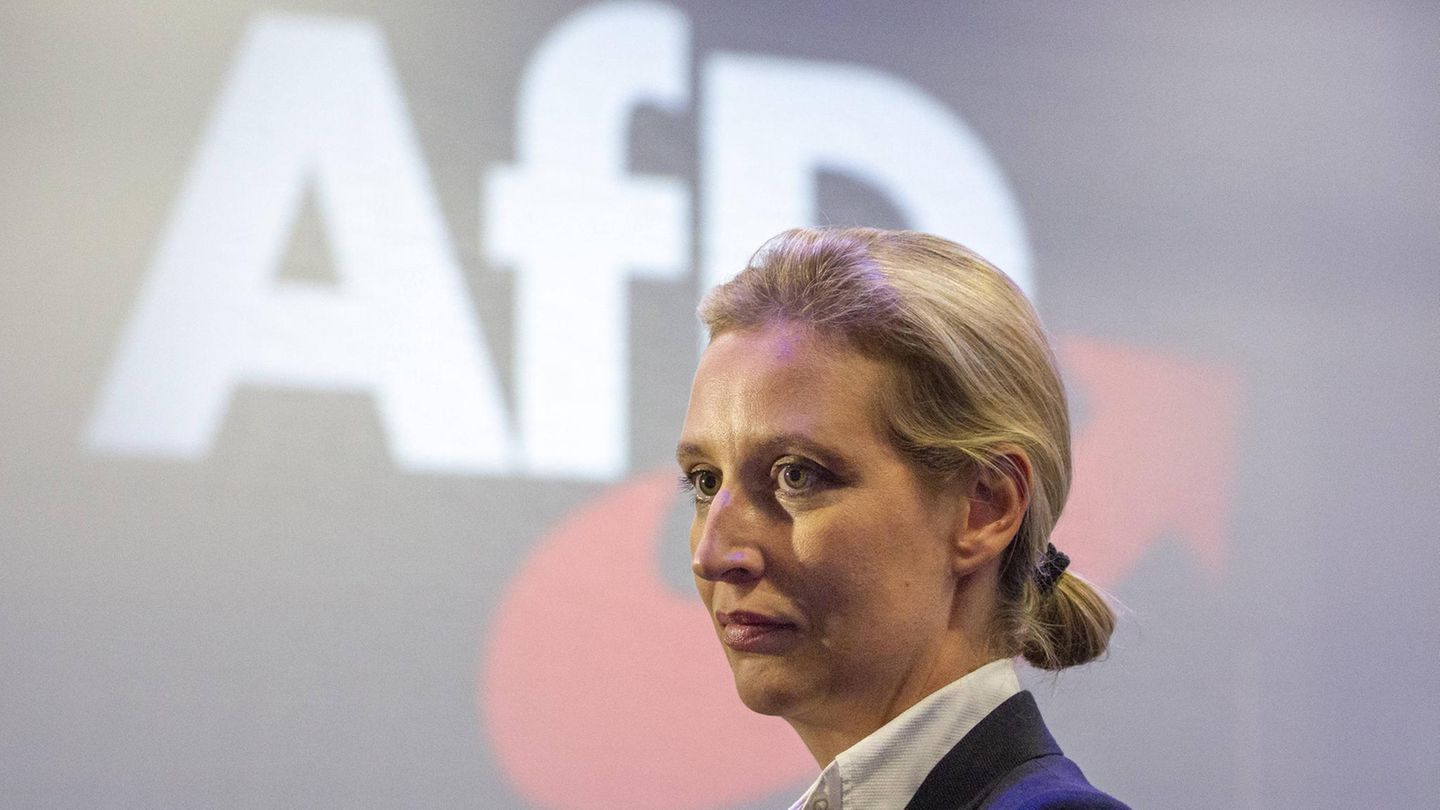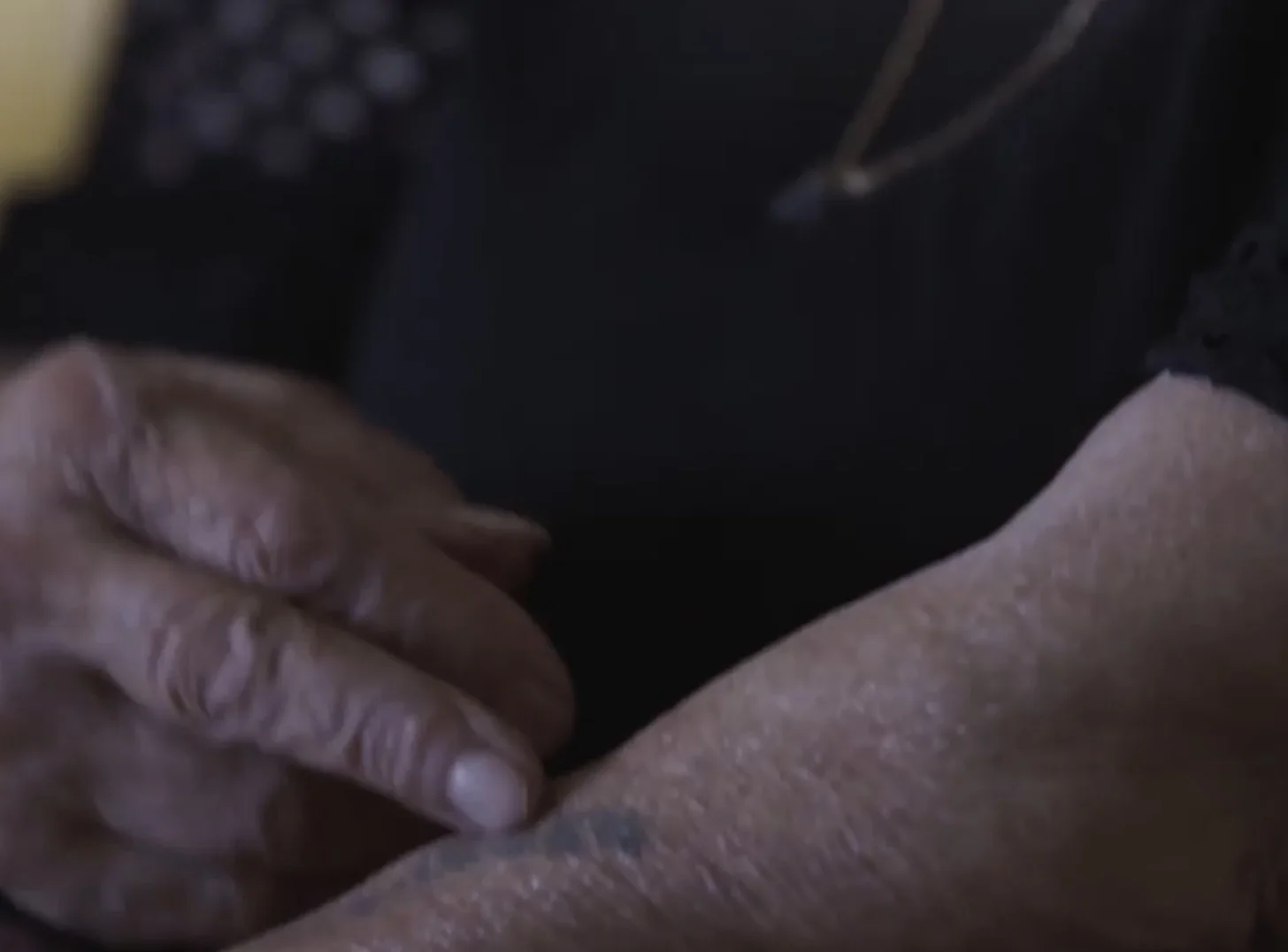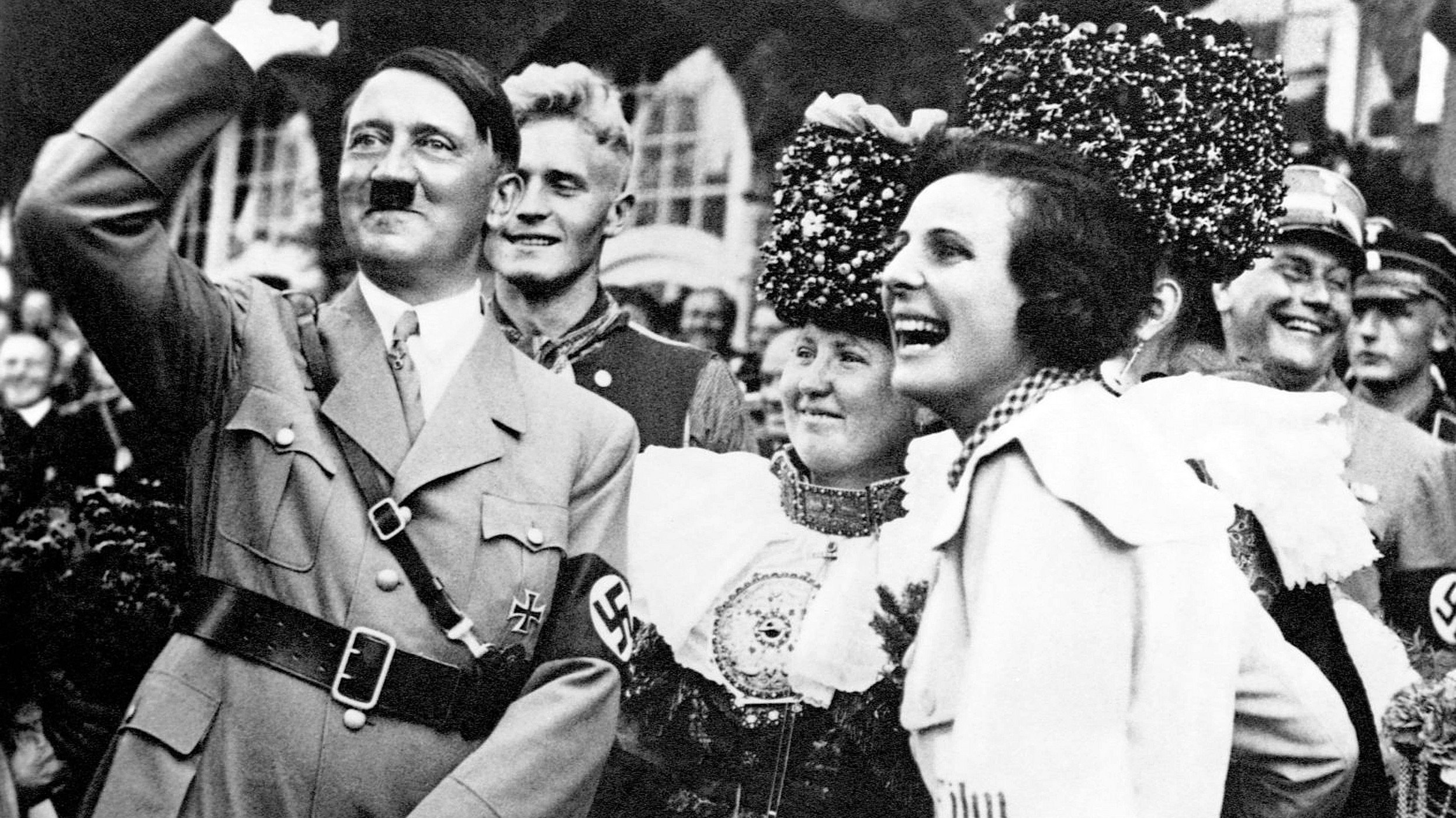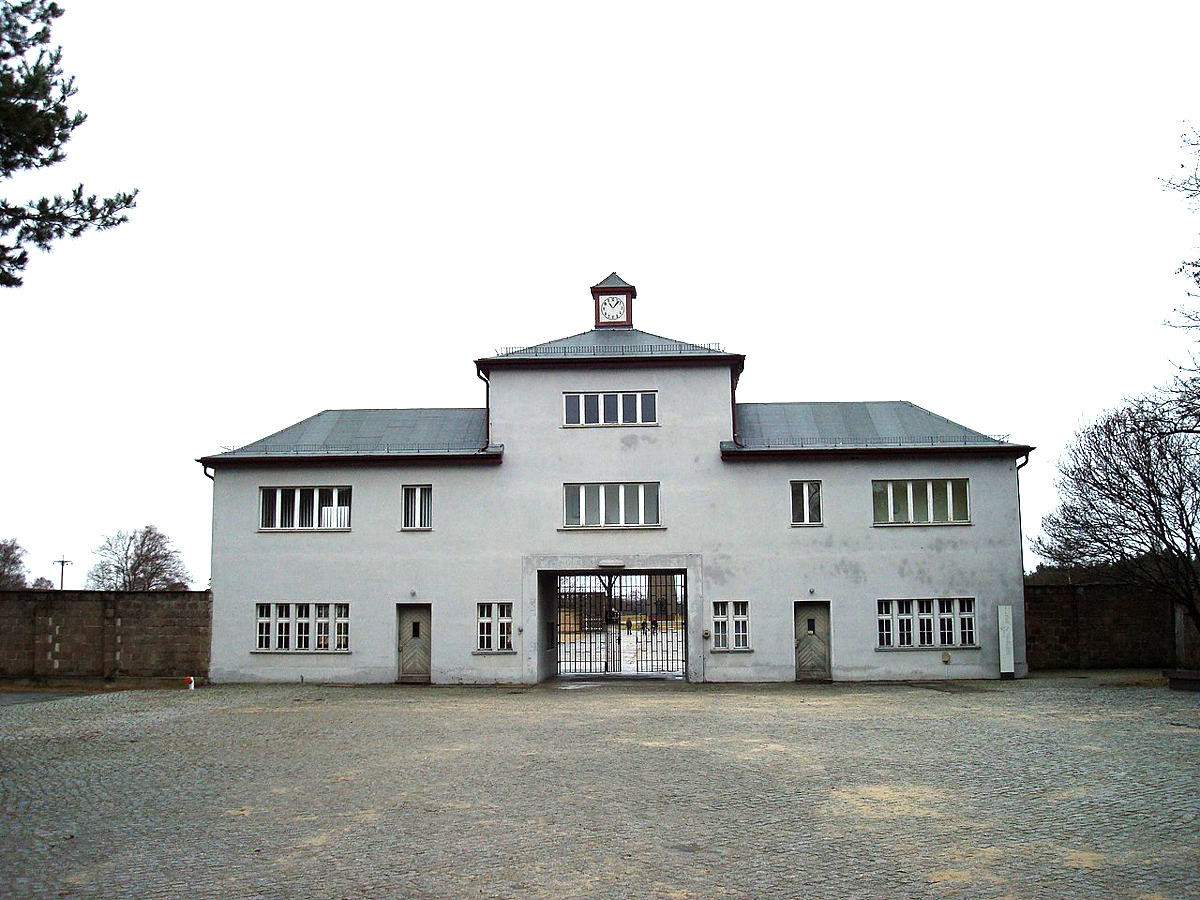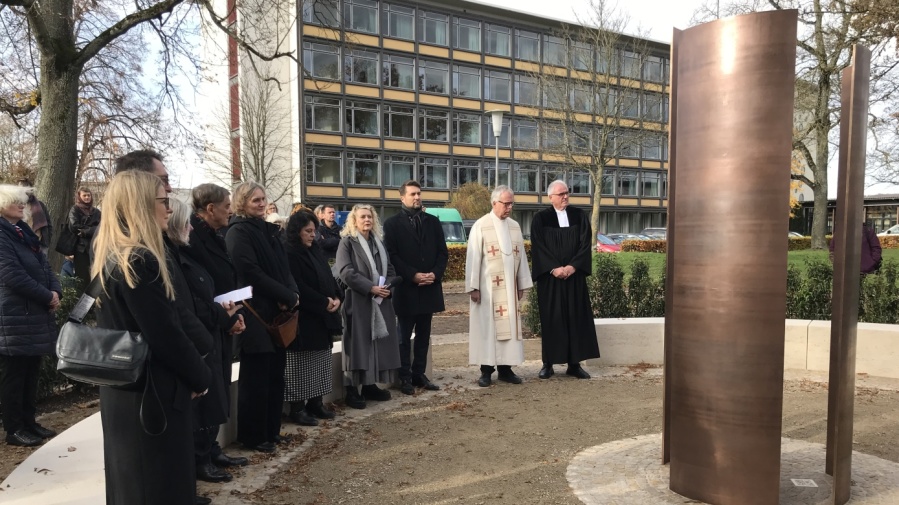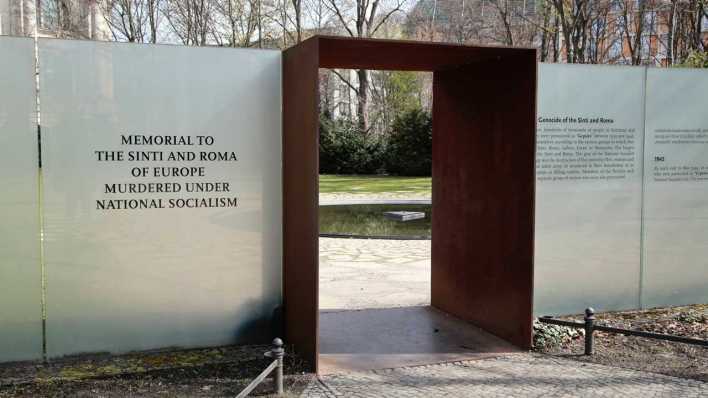Feffer (2014) writes about his encounters with the Romanian Rroma-activist and sociologist Nicolae Gheorghe, who died last August. Gheorghe was decidedly fostering a cosmopolitan view of the Rroma and their affiliation to the different states and turned against all nationalisms: “His widest ambition for the Roma, who had no land of their own, was that they should be a ‘transnational’ people, a grand pan-European federation of men and women, who, while proper citizens of their own countries, also represented a society broader, freer and more enterprising than that of nation states […].” But Gheorghe realized that the real challenge was not the work in the European institutions, but the implementation of integration policies at the local level. In the villages and cities the consciousness of cosmopolitanism, which had existed under the Ottoman rule and Communism, had been lost. At the same time, many Rroma did not manage to evolve into entrepreneurs, as Gheorghe had hoped. The people they helped in training didn’t go back to engage in community work, as planned, but rather accepted positions in the administration. They didn’t understand enough about the mechanisms of the free market and focused too much on the production of goods. The group companies Gheorghe had supported with the help of funding, did not function as desired. They should rather have supported individual business ideas, he remembers. In addition, a further portion of the support funds disappeared due to nepotism. But there had also been successful projects. In these cases, however, private property existed previously, property on which one could build for an enterprise: “Most of the Roma working in our project had no such patrimony. They’d been selling their labour. And they didn’t know what to do with money. They had no entrepreneurial skills. They imagined – and I imagined too – that if we gave them money entrepreneurial skills would just appear. And that was not the case. They wasted the money. We ended up generating personality problems: It was much more than they could mentally cope with.” Gheorghe therewith directly addresses the problems that arose during the transition from one economic system to another, which required completely different values and skills. However, in his account, Gheorghe negates that there were Rroma who worked successfully in the new system and accumulated wealth. There the stereotypes of Rroma kings and palaces come from, as they keep popping up in newspapers.
- Feffer, John (2014) Toward a Roma Cosmopolitanism. In: Huffington Post online vom 29.4.2014. http://www.huffingtonpost.com/john-feffer/toward-a-roma-cosmopolita_b_5233424.html
